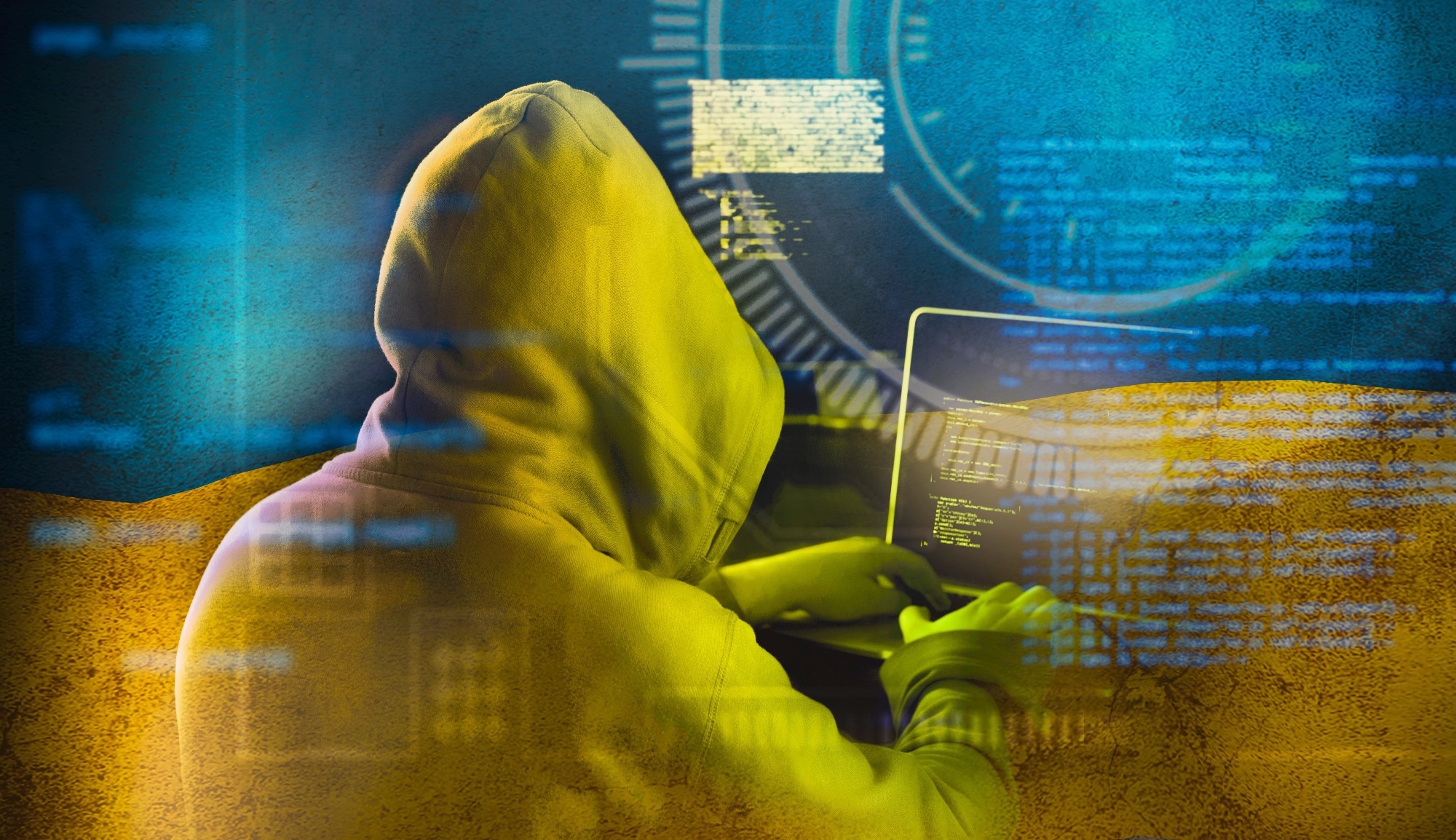A new research center led by the University of Houston is helping prevent potential cyberattacks that could threaten to impede the safe and efficient movement of people and goods in the United States and throughout the world.
CYBER-CARE – the Transportation Cybersecurity Center for Advanced Research and Education – is a U.S. Department of Transportation (USDOT) University Transportation Center (UTC), Tier 1. The center is supported by a $2 million USDOT grant for its first year, with anticipated total federal funding of $10 million over five years.
 Image Credit: ozrimoz / Shutterstock
Image Credit: ozrimoz / Shutterstock
"We all use transportation. Therefore, maintaining our transportation system's cybersecurity is a crucial goal. Any security breaches or failures could have significant consequences for this country and its cyber-physical systems, even our quality of life," said Yunpeng "Jack" Zhang, associate professor in the Department of Information Science Technology at the UH Cullen College of Engineering and the center's director.
"Our goal to make our intelligent transportation system (ITS) safer for all road users. That aligns well with the USDOT's strategic goal of improving safety," Zhang explained. "We also will promote interdisciplinary research and education across the transportation and cybersecurity domains."
Joining UH in the consortium are Embry-Riddle Aeronautical University (ERAU); Rice University (RICE); Texas A&M University-Corpus Christi (TAMU-CC); University of Cincinnati (UC); and University of Hawai'i at Mānoa (UHM).
The teams will establish a fundamental knowledge base and explore advanced theories of how to best mitigate the impacts of potential large-scale cyberattacks on transportation infrastructure.
CYBER-CARE will focus on four goals:
- Protecting vehicle control systems that perform safety-critical functions
- Detecting and responding to potential cyber incidents involving U.S. traffic networks
- Building a framework that incorporates cyber-resilience and enables rapid recovery after cyber incidents
- Disseminating information as a resource in the development of industry-wide best practices
In their studies, the researchers will consider various types of threats.
"In one example, in-vehicle networks can be vulnerable to failures or attacks on individual components, such as feeding an individual vehicle's onboard computer incorrect commands in a way that compromises traffic safety," Zhang explained.
Or a threat might have a larger, system-wide focus with a DoS (denial of service) or DDoS (distributed denial of service) attack.
"In a DoS example, an attacker might repeatedly send useless data to distract a busy computer server in a city's traffic control center from fulfilling the critical jobs it is needed to do. Or the attacker might escalate to a DDoS attack – a distributed denial of service – by coordinating many computers to send millions, maybe trillions of useless data requests to a city traffic center computer server, effectively locking it out of its required flow of work," he said.
It is estimated that cybercrimes of all forms cost the global economy more than $1 trillion in 2020. Those costs are estimated to reach $10.5 trillion annually by 2025.
The U.S. Bureau of Labor Statistics estimates that cybersecurity jobs could grow by 31% over the next decade, confirmation of the need for research and training.
"What we learn from the CYBER-CARE research projects will help inform policy decisions and allocation of public resources. We are in a position to accelerate industry collaboration, foster new technologies and provide industry professionals with the skills and career development to become leaders in their fields," Zhang said.